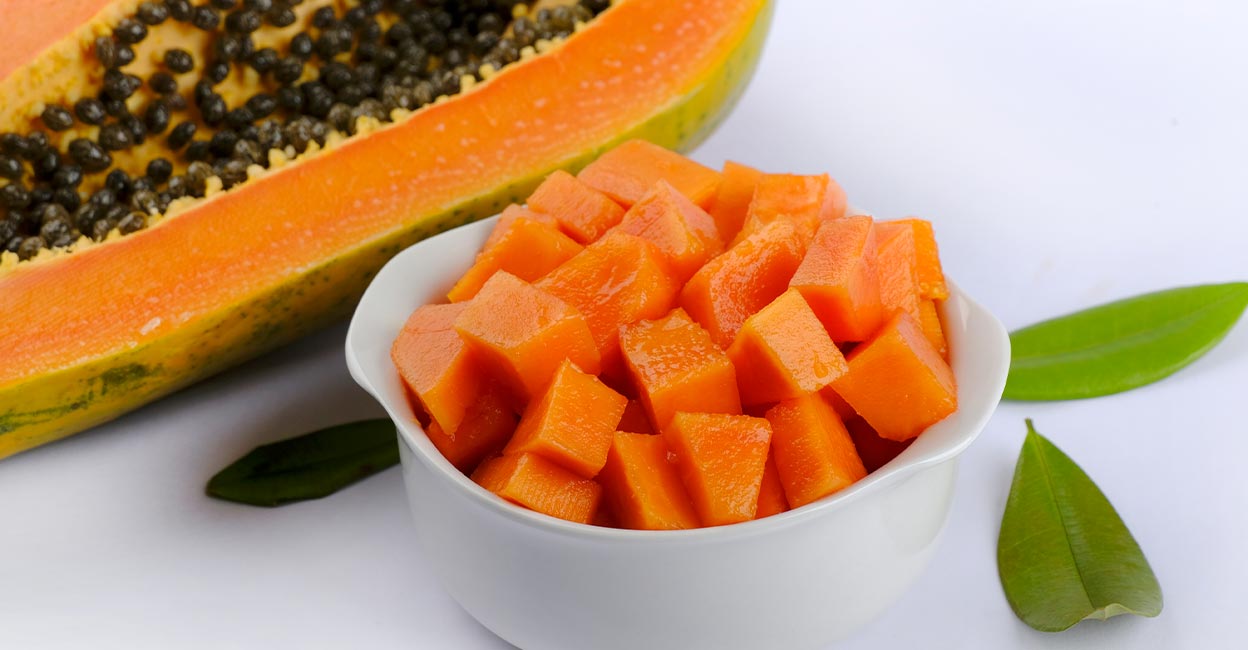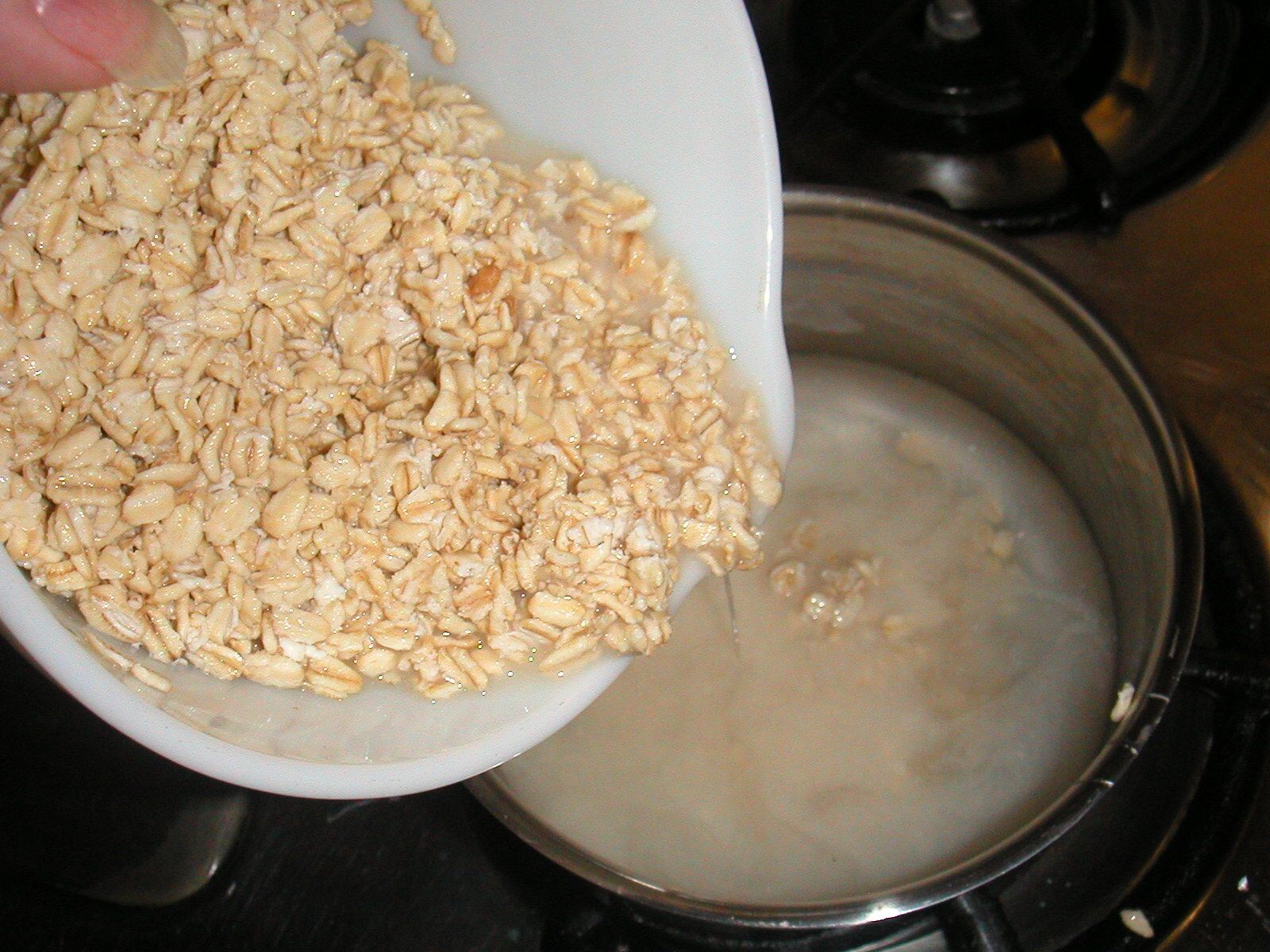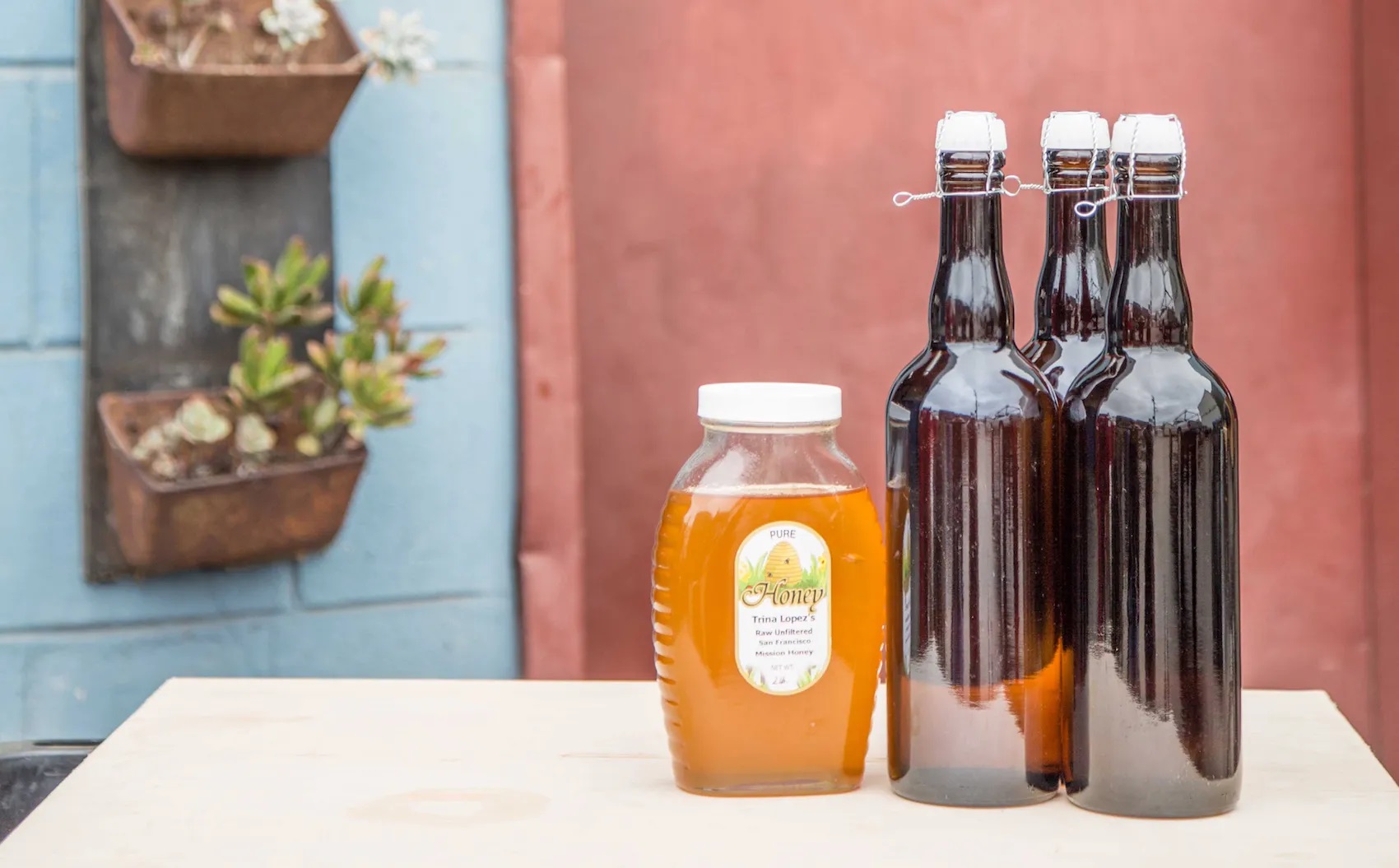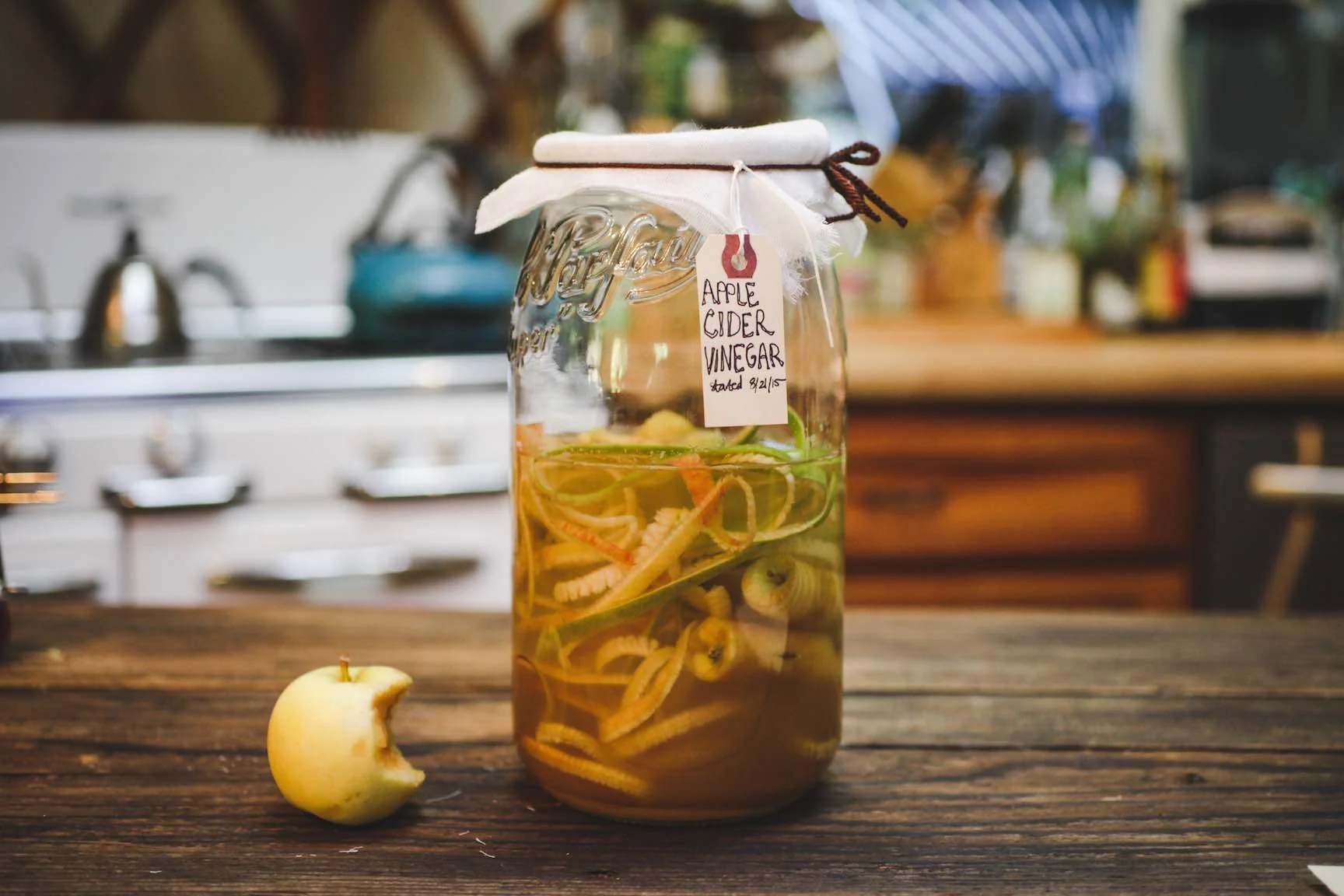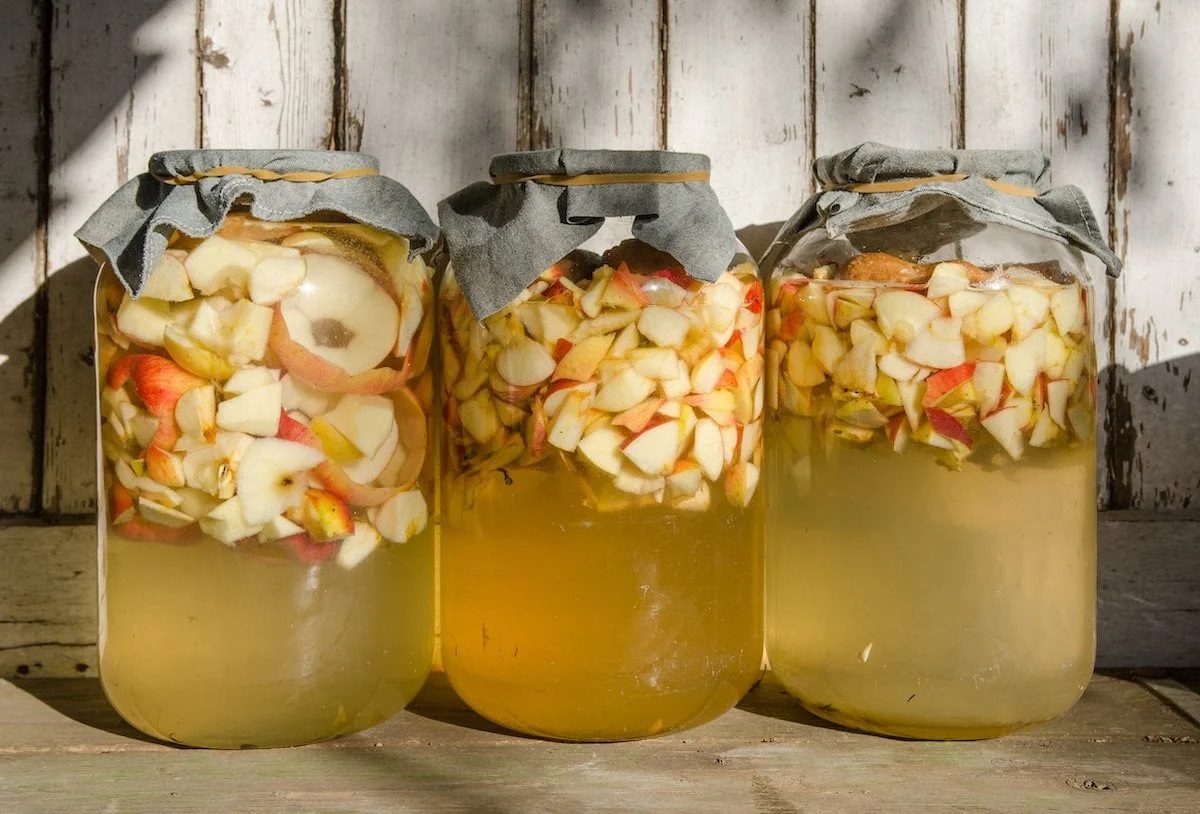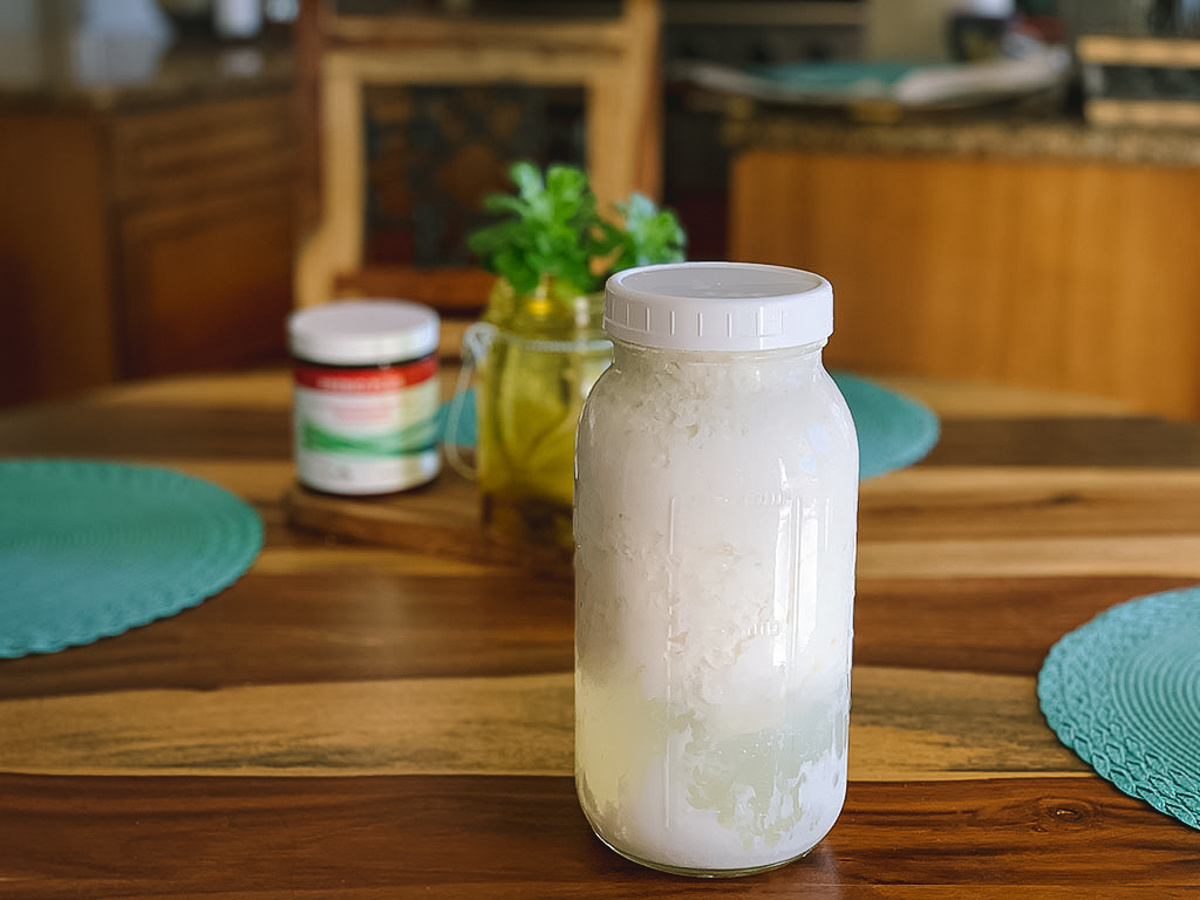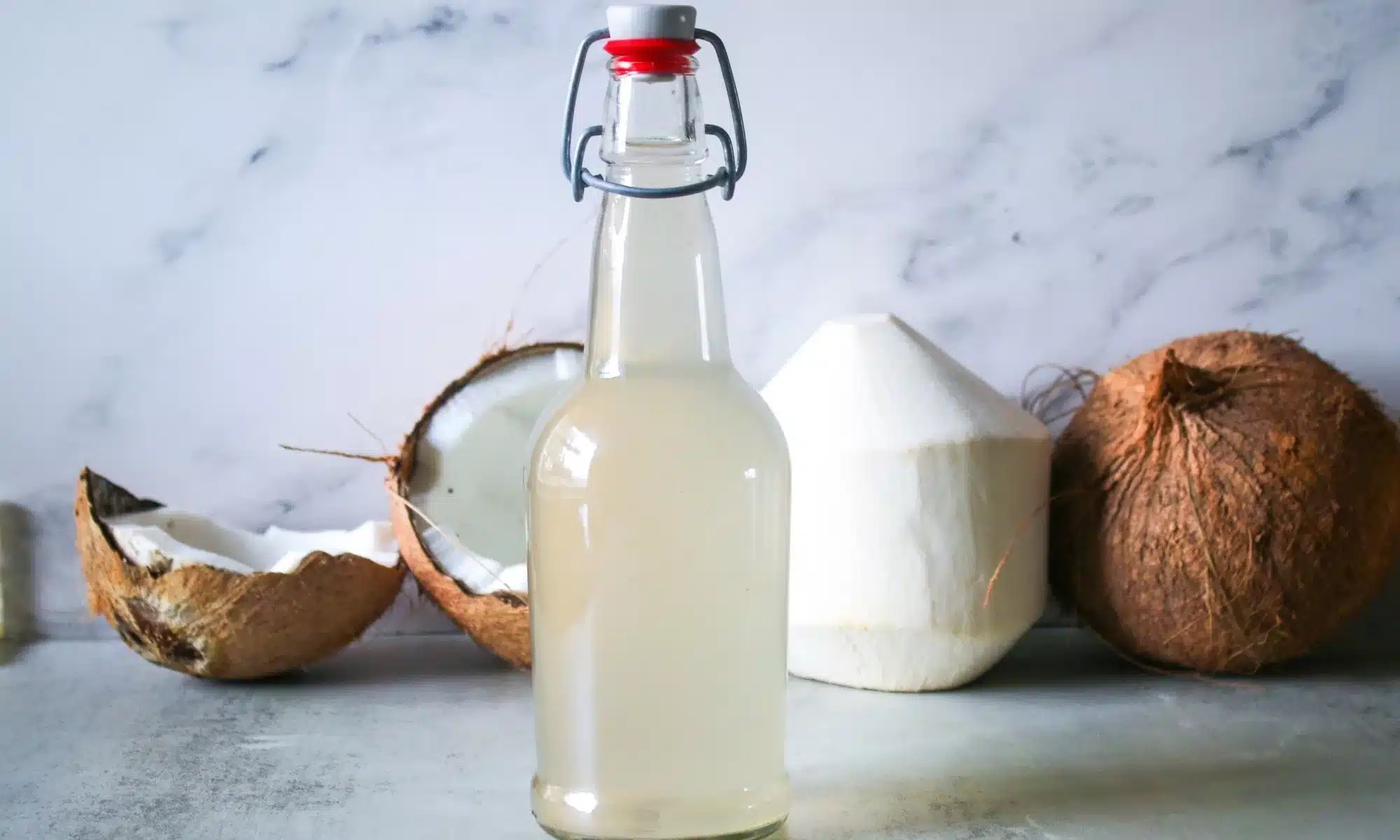Discover the Art of Fermenting Octopus
Are you a fan of seafood and looking to explore new culinary adventures? Fermenting octopus might just be the next exciting endeavor for you. This ancient preservation technique not only enhances the flavor of the octopus but also provides numerous health benefits. If you’re ready to embark on this journey, let’s dive into the world of fermenting octopus together.
Why Ferment Octopus?
Fermentation is a process that has been used for centuries to preserve food. When it comes to octopus, fermenting it can result in a unique and delicious flavor profile. The fermentation process breaks down the proteins in the octopus, making it more tender and flavorful. Additionally, fermented foods are known for their probiotic content, which can promote a healthy gut microbiome.
Ingredients You’ll Need
Before you begin the fermentation process, gather the following ingredients:
- Whole octopus
- Sea salt
- Garlic
- Herbs and spices of your choice
- Filtered water
- Fermentation vessel
The Fermentation Process
Now that you have your ingredients ready, it’s time to start the fermentation process. Follow these simple steps:
- Clean the octopus thoroughly, removing any internal organs and beak.
- Massage sea salt into the octopus, ensuring it is well coated.
- Place the salted octopus in a fermentation vessel.
- Add garlic, herbs, and spices to the vessel for flavor.
- Pour filtered water over the octopus until it is fully submerged.
- Seal the vessel and allow the octopus to ferment at room temperature for several days.
Monitoring the Fermentation
During the fermentation process, it’s important to monitor the octopus regularly. Check for any signs of mold or unusual odors, which could indicate spoilage. Additionally, ensure that the octopus remains submerged in the brine to prevent spoilage.
Enjoying Your Fermented Octopus
After the fermentation period is complete, your octopus is ready to be enjoyed. You can incorporate fermented octopus into various dishes, such as salads, pasta, or simply enjoy it on its own. The unique umami flavor of fermented octopus is sure to elevate any meal.
Health Benefits of Fermented Octopus
Aside from its exceptional flavor, fermented octopus offers several health benefits. As a probiotic-rich food, it can contribute to a healthy gut microbiome, supporting digestion and overall well-being. Additionally, fermented foods are known for their nutrient bioavailability, making the nutrients in octopus more accessible to the body.
Final Thoughts
Fermenting octopus is a rewarding culinary experience that yields a one-of-a-kind delicacy. By following the simple steps of the fermentation process, you can unlock the rich flavors and health benefits that fermented octopus has to offer. So, gather your ingredients, embrace the art of fermentation, and savor the delicious results of your efforts.
Are you ready to embark on the journey of fermenting octopus? We’d love to hear about your experiences and culinary creations with this unique seafood delicacy.
Was this page helpful?
Read Next: How To Ferment Dry Cured Chorizo Sausage

